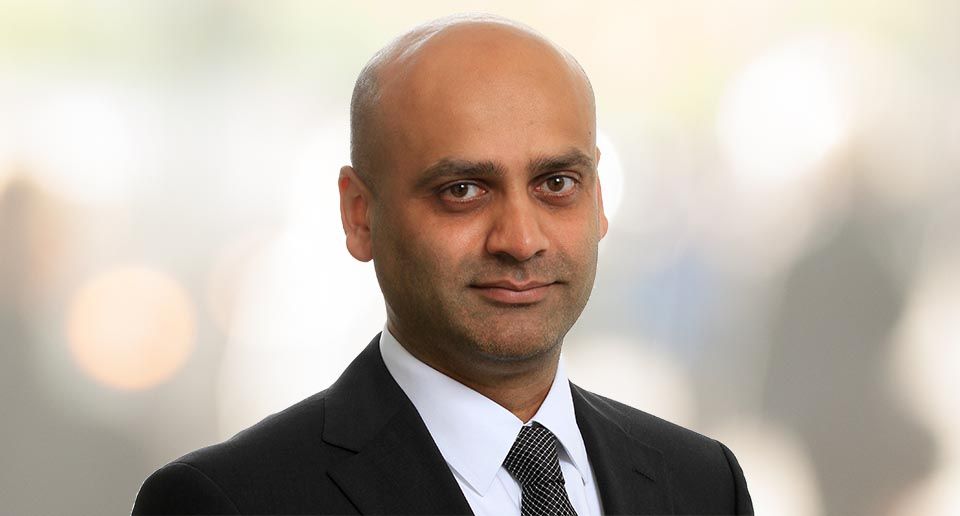For UK investors, 2022 had a distinctly Dickensian flavour, being both the best of times and the worst of times, the ultimate expression of bifurcation. If you had a focus on the FTSE 100 – an index whose performance was effectively supported by the aftershocks of the war in Ukraine, namely higher energy prices and greater defence spending – it was a stellar year. For everyone else, including those with an ESG focus, it was tough.
One of the most startling statistics over the calendar year was the 20% underperformance of the FTSE 250 compared with the FTSE 100, marking the worst year for UK mid-caps since the 1980s. This was quite a reset for an index that formally celebrated its 30th birthday late in 2022. And while several factors have held back the index in recent years, including unresolved issues related to Brexit, we could be seeing a multi-decade opportunity, especially for investors with an ESG focus.
Much has changed since the formation of the FTSE 250 Index in 1992 and merits are often misunderstood. Since the launch of the index, a month after sterling’s “Black Wednesday”, the total return from the FTSE 250 has been 1,470% compared with 470% from the FTSE 100.
At a sector level there is greater diversification and opportunity for stock pickers. For an index that is often framed as “UK-centric” on the earnings front, the level of overseas earnings by mid-cap names is now at nearly 40% compared with 57% for the FTSE 100.
The choice of companies remains compelling for active ESG fund managers with many mid-cap names leading the way on responsible and sustainable business models. The companies available for ESG investors can be found across a wide variety of sectors from healthcare, industrials, technology and financials. Moreover, the UK mid- and small-cap arena has been particularly fruitful for ESG fund investors over the past decade.
Healthy business models
The leadership in healthcare goes beyond the usual large-cap R&D giants in the FTSE 100 and includes quality names such as Dechra and Genus, both global leaders in animal health. Both have established dominant market shares and have business models that are highly cash generative, with growing margins, robust balance sheets and the ability to deliver long-term returns for shareholders regardless of the geopolitical and macroeconomic landscape.
Despite having a very poor year in terms of returns in 2022, both names remain quality businesses with an excellent long-term track record of delivering for shareholders. In the case of Genus, the total return has been over 3,400% compared with 160% for the FTSE 100 since 2001 and for Dechra the return is over 2,300% over the same period.
Innovative industrials
The industrial sector provides a range of names that have established leading market shares and have high exposure to overseas earnings. Examples include Victrex, which was a management buy-out 30 years ago from ICI and is playing a key role in helping businesses lower their carbon footprint via high-performance polymer solutions. The company has returned nearly 1,600% since its listing in 1995 versus 350% for the FTSE 100 over the same period.
Two other quality businesses leading include Oxford Instruments and Spectris, with the former focused on products and solutions to leading industrial companies and scientific organisations. Spectris is focused on developing precision measurement products and solutions, which help its clients on their sustainability journey. The total returns for long-term patient investors have been stellar, over 6,000% since 1990 vs 570% for the FTSE 100.
Green financials
The large weighting to financials in the mid-cap index, over 40%, is more than double that of the FTSE 100. Although the latter is full of banking, insurance and financial services names, the FTSE 250 has exposure to infrastructure and environmental funds including HICL, Sequoia, Impax Environmental Markets, Greencoat UK Wind, JLEN and Bluefield Solar Income.
For ESG investors the UK renewable funds offer defensive characteristics and an inflation-linked income stream. Both Greencoat UK Wind and Bluefield Solar Income have returned 140% vs 55% for the FTSE 100 since 2014 on a total return basis. Allocating capital to this part of financial markets will play a key role in the battle against climate change and in developing an efficient and resilient energy grid.








